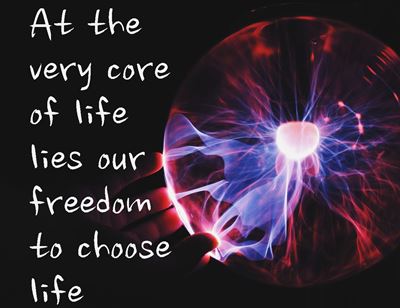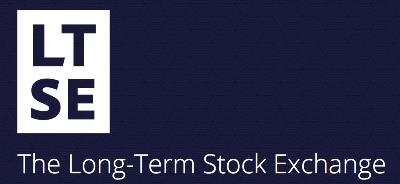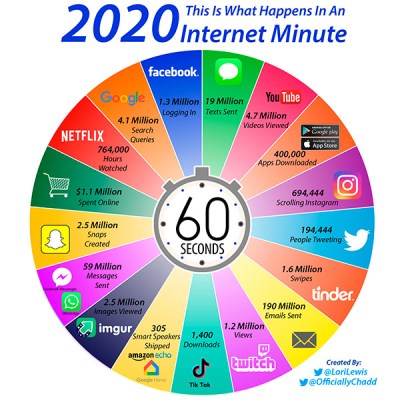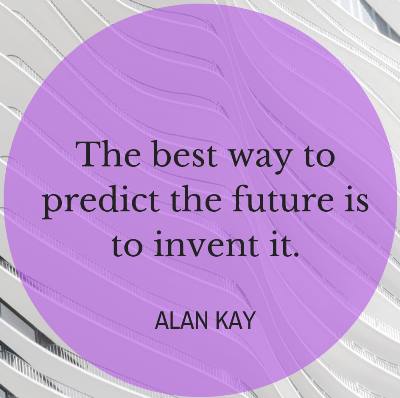Seth Godin in this blog post – that is straight to the point – ‘We like what we choose’ explains how most of us and most personal development gurus have it backwards. We don’t choose what we like, we like what we choose.

The post refers to scientific research on toddlers quoted in Science daily ‘Babies’ random choices become their preferences‘: “People assume they choose things that they like. But research suggests that’s sometimes backwards: We like things because we choose them. And, we dislike things that we don’t choose.”
In general, we may or may not have much choice in where we grow up, live or what we do. The thing is, it may not be worthwhile exhausting ourselves to find what we’d like to do. It is much better and apparently much more satisfying to just make sure we like what we do.
And anyway, at some stage, even if that was between two sub-optimal alternatives, we have made choices and this should make us prefer what we have chosen.
So, let’s focus on liking, developing and making the best of what we do, because at some stage we have chosen to do it.











